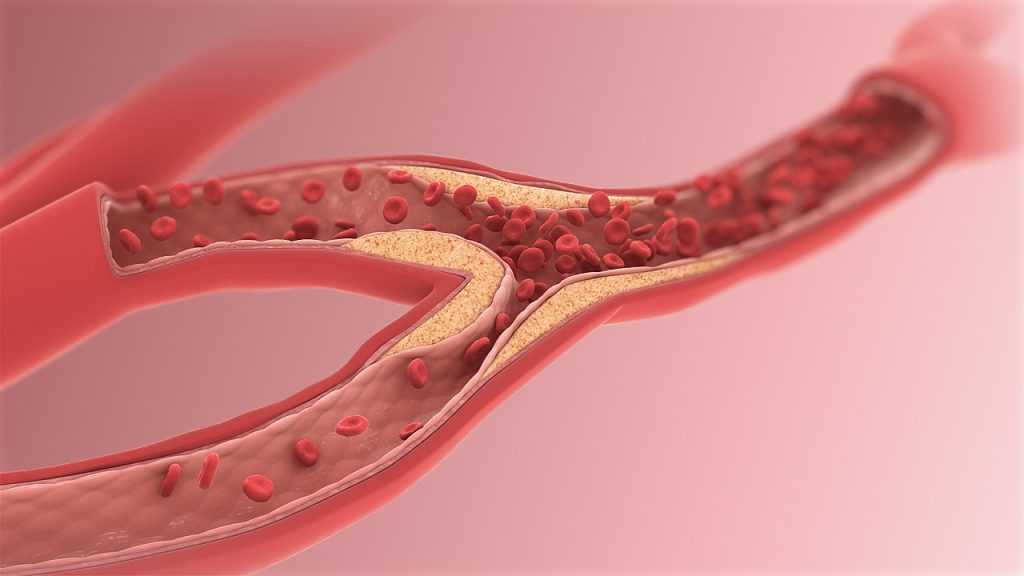
Findings from a phase 1 trial reported by a Cleveland Clinic physician show that a single dose of an experimental therapy produced greater than 94% reductions in blood levels of lipoprotein(a), a key cardiovascular risk driver, with the results lasting for nearly a year.
The findings were presented at the American Heart Association’s Scientific Sessions 2023 and simultaneously published in the Journal of the American Medical Association.
Lipoprotein(a), or Lp(a), is made in the liver and has similarities to low-density lipoprotein (LDL). Unlike other types of cholesterol particles, Lp(a) levels are 80–90% genetically determined. The structure of the Lp(a) particle causes atherosclerosis, which greatly increases the risk of heart attacks and strokes.
Although effective therapies exist to reduce the risk of heart disease by lowering LDL cholesterol and other lipids, currently there are no approved drug treatments to lower Lp(a). Since Lp(a) levels are genetically determined, lifestyle changes such as diet or exercise have no effect.
In the trial, participants who received an injection of lepodisiran had lipoprotein(a) levels reduced by the top dose as much as 96% within two weeks and maintained levels more than 94% below baseline for 48 weeks. The drug is a small interfering RNA (siRNA) therapeutic that blocks the messenger RNA needed to manufacture a key component of lipoprotein(a) in the liver.
The findings add lepodisiran to the growing list of therapies that could be promising treatments for atherosclerotic cardiovascular diseases in people with high levels of Lp(a), which is estimated to affect a fifth of the global population.
“These results showed that this therapy was well tolerated and produced very long-duration reductions in Lp(a), an important risk factor that leads to heart attack, stroke and aortic stenosis,” said lead author Steven Nissen, MD, Chief Academic Officer of the Heart, Vascular & Thoracic Institute at Cleveland Clinic.
In the trial, researchers enrolled 48 patients in the US and Singapore, average age 47. Investigators studied six different dosages and a placebo, which were all administered as injections. Participants were monitored for up to 48 weeks after administration.
Maximum Lp(a) plasma concentrations were reduced by 49% from baseline levels for the 4mg dose and up to 96% for the 608mg dose vs a 5% decrease for the placebo. No safety issues were observed, and the only tolerability issue was mild injection site reactions.
“Despite the strong evidence of the importance of elevated Lp(a) as a risk factor for heart disease, effective treatment has been elusive,” commented Dr Nissen. “This approach to treatment gives hope to the 20% of the world’s population who have elevated Lp(a) levels.”
A phase 2 trial studying lepodisiran is currently underway. The trial was sponsored by Eli Lilly and Company (Lilly), the company developing lepodisiran.
Source: Cleveland Clinic

